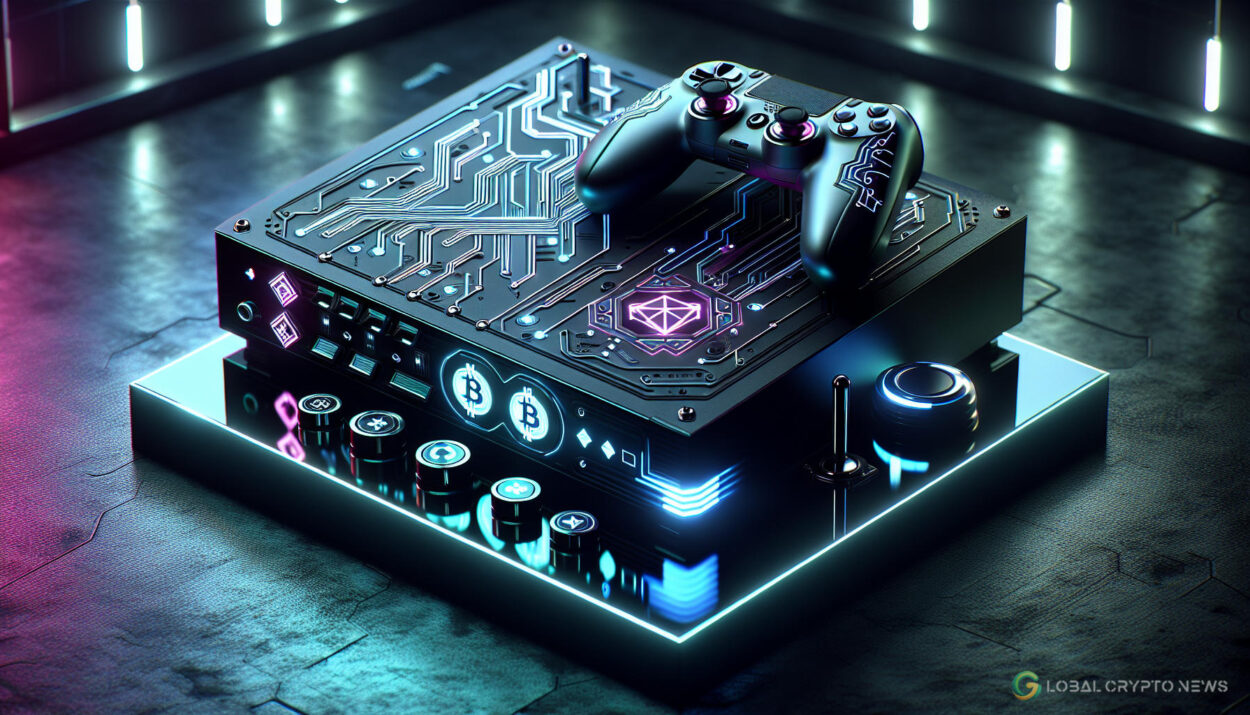In an exclusive interview with crypto.news, Sebastien Borget, co-founder & COO of The Sandbox, delves into the challenges facing web3 gaming as it strives for mainstream acceptance.
**Transformation in Gaming**
Web3 is revolutionizing the gaming industry by providing a unique and decentralized gaming experience. Unlike traditional gaming platforms, web3 games offer players more control and ownership over in-game assets, allowing them to trade, sell, or create their own items, characters, and currencies.
**Pioneering Efforts**
Major game publishers like Ubisoft are already exploring the integration of web3 elements into their games. For instance, Ubisoft introduced NFTs in its popular game Ghost Recon: Breakpoint. Despite these efforts, the wider gaming community still shows a preference for traditional web2 games over web3 options.
**Challenges Ahead**
The sector is facing challenges such as player onboarding and poor gameplay experiences. While some gaming giants have slowed down their web3 game development, the industry is projected to grow significantly in the coming years, potentially reaching a $30 billion valuation by 2030.
**Adoption Patterns**
Smaller studios are leading the way in web3 innovation, with larger companies waiting on the sidelines. However, big players like Nexon, Ubisoft, and Atari are gradually entering the web3 gaming space by setting up specialized teams to navigate the challenges of this new frontier.
**Key Challenges**
The main challenges facing web3 games today include the need to prioritize gameplay and user experience. Efforts are being made to enhance player experiences and simplify onboarding processes to attract more users to the web3 gaming ecosystem.
**Future Prospects**
As blockchain technology continues to integrate with major gaming engines like Unity and Unreal, web3 games are poised to overcome technological hurdles and compete with web2 games effectively. Game developers should focus on creating fun and engaging experiences while leveraging middleware solutions to simplify blockchain integration.
**Attracting Traditional Gamers**
To attract traditional gamers to web3 gaming without overwhelming them with blockchain complexities, the focus should be on offering fun gameplay experiences and providing educational resources for onboarding. Larger platforms can also play a role in promoting web3 games to a wider audience.
**Enhancing Player Engagement**
NFTs and token economics play a crucial role in enhancing gameplay and player engagement in web3 games. By allowing players to become active stakeholders in the gaming ecosystem, these technologies create opportunities for financial benefits, increased fun, and overall value creation.
**Innovation in Gaming**
Innovative approaches in web3 gaming include leveraging decentralized finance mechanics, rewarding players with free assets, and exploring new ways to engage users without the need for traditional content sales. As the industry evolves, more experimentation and innovation are expected in the space.
**Future Expectations**
Expectations are high for major AAA gaming publishers to enter the web3 gaming sector in the coming years, following in the footsteps of early adopters like Square Enix and Ubisoft. The intersection of AAA gaming and web3 technology is expected to create an empowered economy that benefits both players and developers.
As the web3 gaming industry continues to evolve, it presents exciting opportunities for players, developers, and stakeholders alike. Stay tuned for more updates and insights on the latest trends in web3 gaming on Global Crypto News.






















